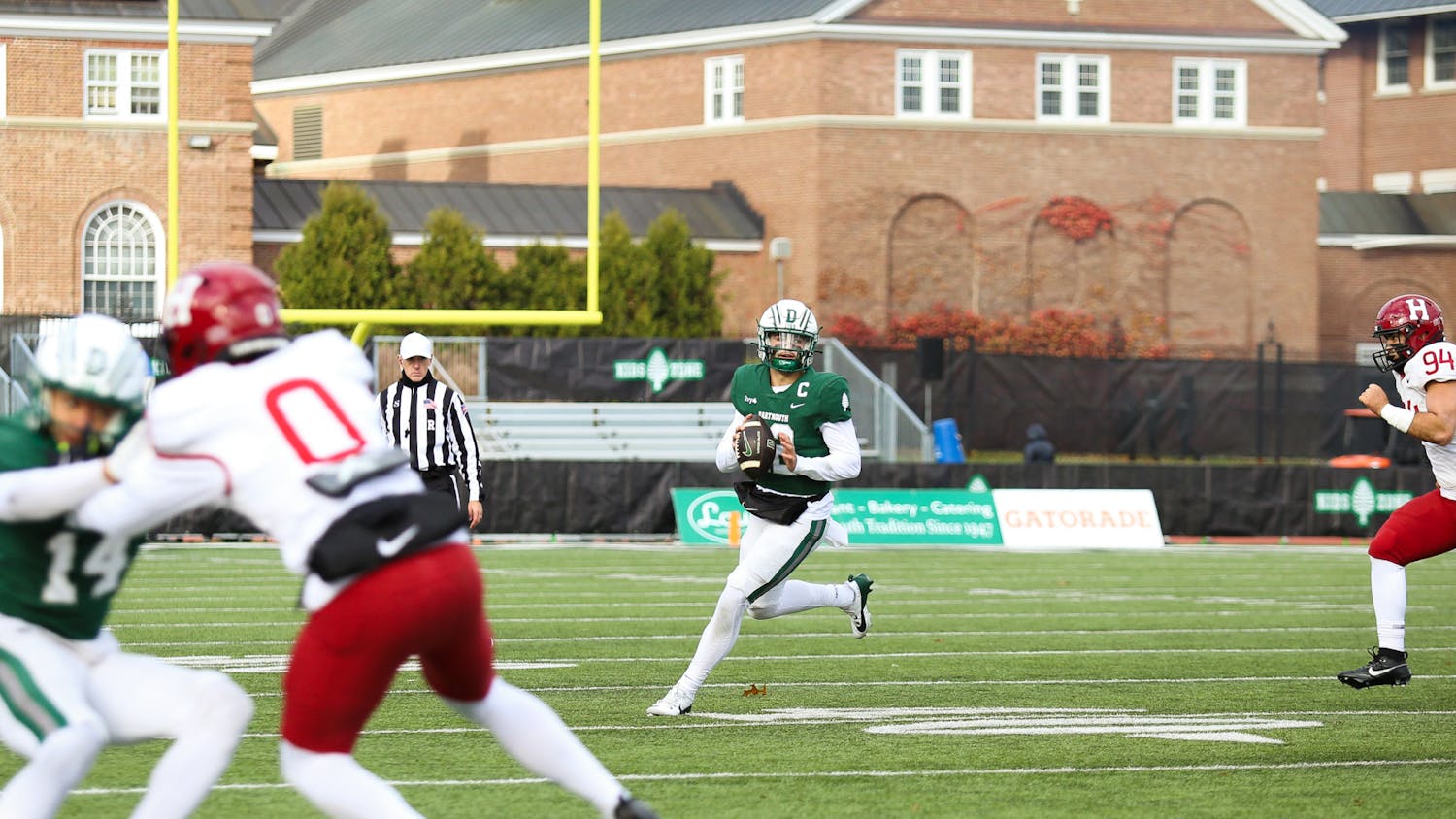Before Ariana Sopher '14 stepped off the Big Green Bus in Montgomery, W. Va., she said she solely understood the area's prevalent coal industry to destroy mountains and rivers. Conversations with miners and former industry workers who have since worked at an area watershed organization, however, have given her a more nuanced view.
"People we talked to were, on one hand, against coal mining, but they were proud of supplying America with so much energy and steel," she said. "These issues are getting more and more complicated."
The Montgomery stop is one of 27 scattered throughout the United States on the Big Green Bus' route. Throughout their month of travel, the 12 participants on the Big Green Bus, which runs on biodiesel fuel, have focused on storytelling, understanding other communities and inspiration, not education, in its first year of restructured programming.
The Big Green Bus will pull into Las Cruces, N.M., tomorrow as part of its summer sustainability tour.
This year's program allows more time at each location and introduced a storytelling element to visits. In previous years, "bussers," as participants dub themselves, taught people at each stop about environmentalism and sustainable life choices.
"We saw this as very privileged," Jordan Kastrinsky '16 said. "We now tell our stories about how we got involved in sustainability and environmentalism, and they'll share theirs. It allows you to inspire someone, and they can inspire you."
Kastrinsky said that in Washington, D.C., he spoke with a group of protesters who did not support the environmental movement. The conversation was notable, he said, because "they did not believe anything we said."
On its first day on the road, the Big Green Bus curved out of Hanover and pulled into Ossining, N.Y., to visit Riverkeeper, which works to protect the condition of the Hudson River. There, community outreach and volunteer coordinator Dana Gulley spoke with students about the environmental movement and the organization's goals.
Gulley said participants sought to understand environmental problems before taking action, an outlook she appreciated.
"That shows a lot of humility, a lot of desire to bring everyone under the umbrella," Gulley said.
An alumni group consisting of several former Big Green Bus crew members met the current students in D.C. in late June.
"They advised us to work within the system to change it," Kastrinsky said. "On the road, sometimes you think, Let's blow up the system,' which is not good."
The Big Green Bus has since traveled south to Florida and now continues west to California. Participants stopped on July 9 in Biloxi, Miss., a coastal town hit by Hurricane Katrina in 2005.
"We met person after person who lost their home or was separated from their mom for 20 hours," Sopher said. "It's different to hear about Katrina and read about it in the news and then come to Buloxi, which didn't get any press."
As the group moved down the coast, residents of different cities, especially in the south, have disproved participants' preformed stereotypes.
"Every place is different and unique and has its own problems, but people are people and are kind and good and are really trying to help the world," Kastrinsky said.
The route itself has changed since the Big Green Bus left Hanover on June 13. Instead of making a scheduled stop in Chicago on August 22, the Big Green Bus will go to Williston, N.D., where thousands of new oil wells have driven an influx of workers.
"We're trying to go and learn about the issues happening now," Sopher said.
Gulley said that she hopes she taught students that people inhabit many roles within the environmental movement, from government work to nonprofit activity. She stressed the need to inspire others to take action.
"We want to look to others and play to their strengths," Gulley said. "The more people we have standing with us, the more we get done."
Big Green Bus participants can apply concepts in a more nuanced way after seeing a situation's resources, context, parameters, geography or population, she said.
"Wanting to learn about situations rather than knowing you have a solution to provide, that's a valuable thing that not a lot of groups are doing," Gulley said.
Gulley said that the Big Green Bus itself is "catchy" in that it attracts attention to alternative fuel sources even when driving down a highway.
Sopher noted, however, that the physical bus sometimes distracts from the crew's mission. To combat this, participants have been reluctant to give bus tours.
"We can be a little bit more open to hearing different viewpoints instead of putting ourselves in a box," she said. "The bus is a loud statement."
When the Big Green Bus returns to Hanover in late August, the crew will compile a project based on their video interviews, audio pieces and written stories.
Sopher said that upon their return, they will also learn more about the Upper Valley's sustainability issues.
"Learning and sharing is what's most important about what we're doing," she said.



